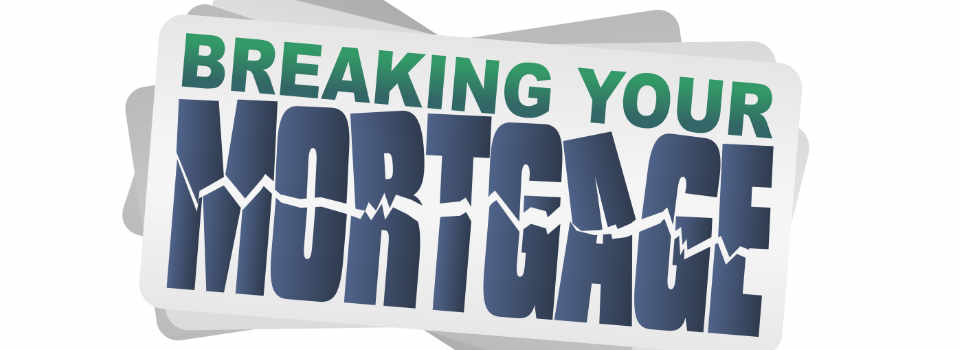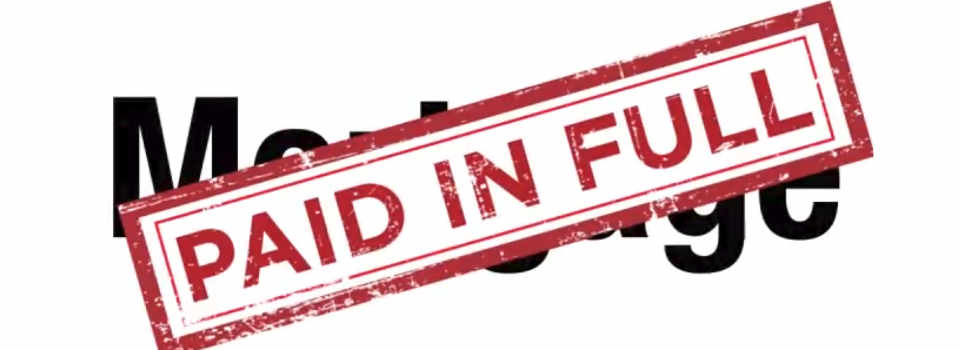So, you found your dream home, negotiated a fair price which was accepted. You supplied all the needed documentation to your mortgage broker and you are waiting for the day that you go to the lawyer’s to sign the final paperwork and pick up the keys.
All of a sudden your broker or the lawyer calls to say that there’s a problem. How could this be? Everything has been signed and conditions have been removed. What many home buyers do not realize is that your financing approval is based on the information the lender was provided at the time of the application. If there have been any changes to your financial situation, the lender is within their rights to cancel your mortgage approval. There are 5 things that can make home financing go sideways.
1 Employment – You were working for ABC company as a clerk for 5 years making $50,000 a year and just before home possession, you change jobs. The lender will now ask for proof that probation for this new job is waived and new job letters and pay stubs at the very least. If you change industries they will want to see more proof that you are capable of keeping this job. If your new job involves overtime or bonuses of any kind that varies over time, they will ask for a 2-year average which you will not be able to provide. Another item that could ruin your chances of getting the mortgage is if you decide to change from an employee to a self-employed contractor just before possession day. Even though you are in the same industry, your employment status has changed. This is a big deal killer.
2. Debt – A week or two before your possession date, the lender will obtain a copy of your credit report and look for any changes to your debt load. Your approval was based on how much you owed on that particular date. Buying a new car or items for the new home need to be postponed until after possession of your new home. Don’t be fooled by “Do not pay for 12 months” sales campaigns. You now owe this money regardless of when the payments start. Don’t buy a new car and don’t buy furniture for the new home. This will increase your debt ratio and can nullify your financing.
3. Down payment source – And yet again I reiterate that the approval is based on the initial information you have provided. You will be asked at the lawyer’s office to verify the source of the down payment and if it is different than what the lender has approved, then you may be in trouble. For example, you said that you were going to save the funds and then at the last minute Mom and Dad offer you the funds as a gift. There’s no problem accepting the gift if the lender knows about it in advance and has included this in their risk assessment, but it can end a deal.
4. Credit – Don’t forget to make your regular credit card payments. If your credit score falls due to late payments, this can kill your financing. If you have a high ratio mortgage in place which required CMHC insurance, a lower credit score could mean a withdrawal of their insurance once again, killing the deal.
5-Identity Documents – This can be a deal killer at the lawyer’s office. The lawyer is required to verify your identity documents and see that they match the mortgage documents. Many Canadians use their middle names if they have the same name as their parent. Lots of new Canadians adopt a more Canadian sounding name for their day-to-day lives but their passports and other documents show another name.
Be sure to use your legal name when you apply for a mortgage to avoid this catastrophe . Finally, keep in touch with your Dominion Lending Centres mortgage professional right up to possession day. Make this a happy experience rather than a heartbreaking one.










